Carlo Tanganelli Cibreo 2018
NT$ 760濃郁的黑莓、李子香氣。接續巧克力、杏仁堅果和淡淡的煙燻甘草香。柔順中帶出討巧鮮甜的果實感,輕鬆品嚐農家樂的紅酒趣。
適合搭配義大利肉醬麵、漢堡、燒烤BBQ。
顯示第 721 至 729 項結果,共 1288 項依最新項目排序
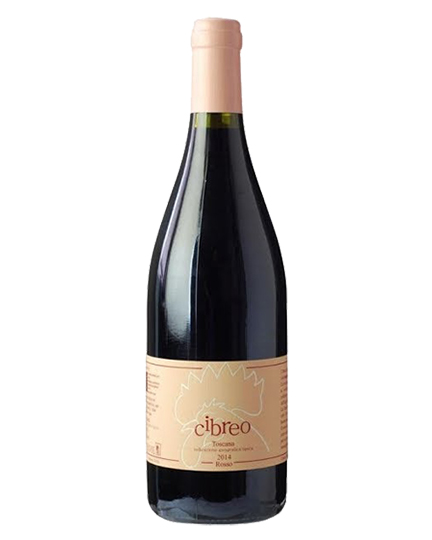
濃郁的黑莓、李子香氣。接續巧克力、杏仁堅果和淡淡的煙燻甘草香。柔順中帶出討巧鮮甜的果實感,輕鬆品嚐農家樂的紅酒趣。
適合搭配義大利肉醬麵、漢堡、燒烤BBQ。
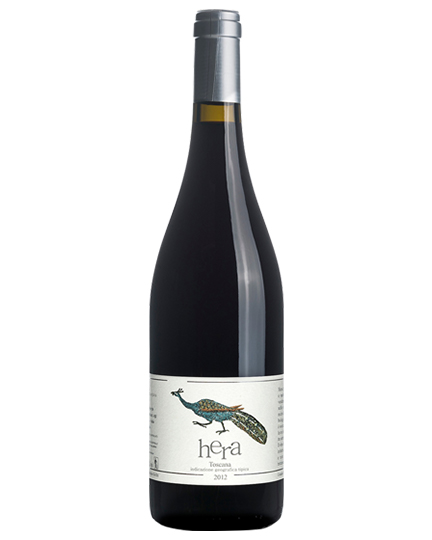
酒體質地濃郁柔滑,充滿成熟飽滿的水果風味,夾雜薄荷和泥土的細節給人耳目一新的感覺。是一款具有許多口味元素的好酒,宛若孔雀張屏後羽毛多樣的色彩,帶來複雜而豐富多汁的感受。
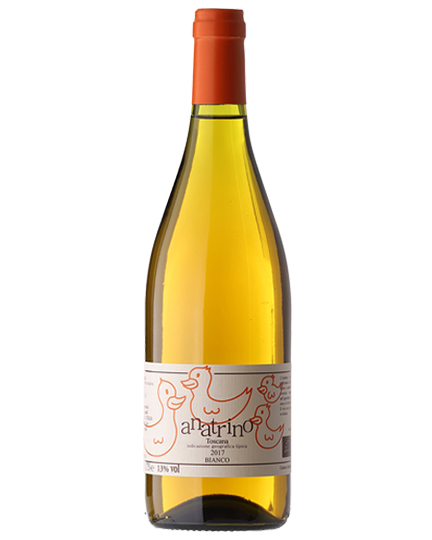
非常dry的橘酒。中等酸度、明顯的礦物質以及溫和的橡木氣味。酒體圓滑,具有花香、柑橘、杏子和甘草的味道,在舌面上略帶單寧感。尾韻回甘的過程長,並帶有些微泥土濕氣,適合搭配無花果料理。
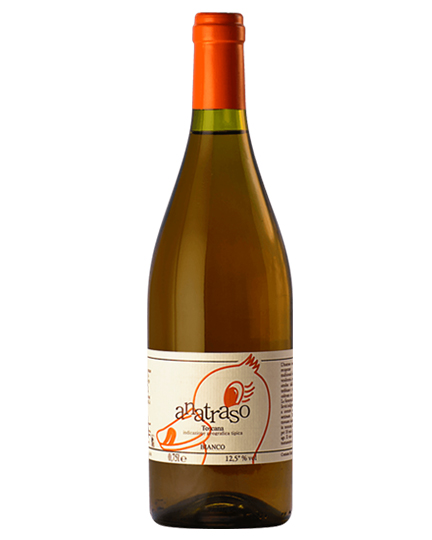
柑橘、白桃、草本和橙花香緩緩展開,第一口鮮活充沛的酸度,將滿滿的熱帶水果、橙香和芬芳白花領入口。中段帶有蘋果乾、茶香和礦石風味。整體香醇均衡,一款高回頭率的橘酒。
適合搭配 鄉村手扒雞、墨西哥塔可、韓式海苔飯捲。
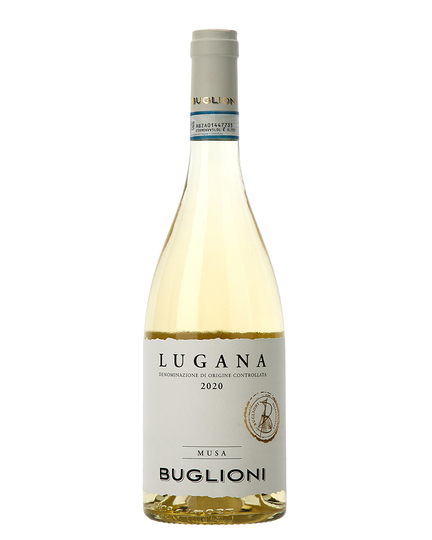
稻桿黃色澤中邊緣具有綠色反光;清爽且細緻的白花、柑橘香氣在鼻中盈繞;入口後可感受到細緻的酸感與礦石氣味完全融合,伴隨新鮮黃檸檬、蜜柑等美好的香氣;入喉後韻度細緻,在口中留下舒服果香。適合與各式做法的起司、肉類一起飲用,更適合搭配清爽做法的海鮮或沙拉。
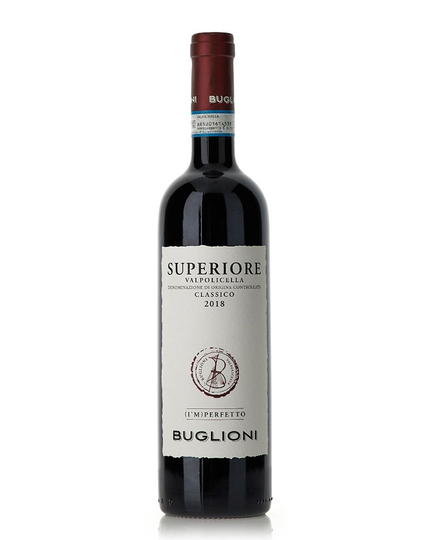
深沈的寶石紅色澤;鮮明又優雅的成熟紅色水果、黑莓香氣中蘊含些許辛香料和香草芬芳;在口中飽滿紮實,均衡的酸度與綿密細緻單寧融合,具有成熟紅色水果與乾核果芳香;餘韻圓潤均衡的果香自喉中散出。於橡木桶中熟成6~8個月後,再瓶中陳年至少9個月。適合搭配各式做法的肉類或起司。
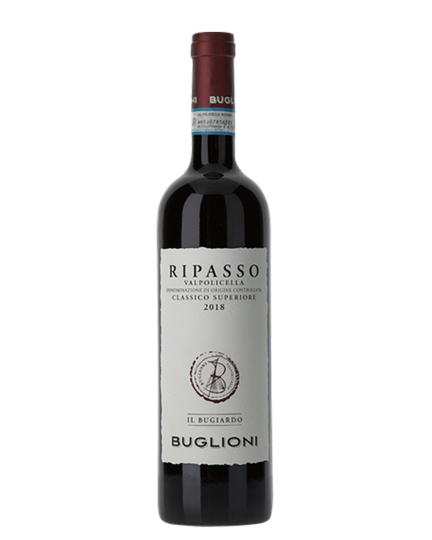
深遂且明亮的紅寶石色澤;優雅的成熟水果伴隨著些許香草、辛香料與菸草氣味;入口後可感受飽滿的酒體,在舌上綻放果乾、紅色莓果等美好芳香,紮實均衡的細緻單寧與細雅酸度融合;韻味美好,在喉間散出非常舒服的莓類芳香。以此產區傳統的Ripasso釀酒方式,加入風乾葡萄渣以增添風味,於橡木桶中熟成12個月,之後在瓶中熟成至少6個月。適合搭配各式做法的肉類或起司。
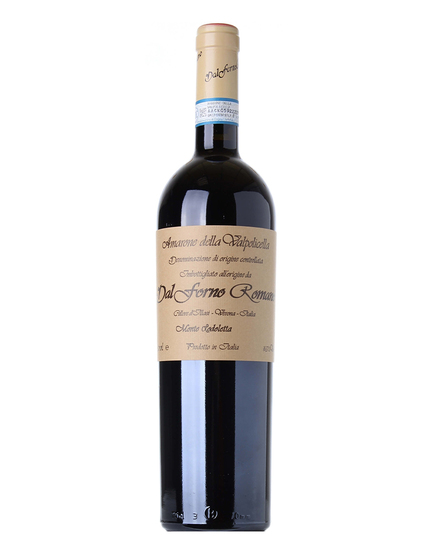
Back in 2006, this estate farmed approximately 25 hectares of vines, and the Valpolicella was just beginning to feel its new celebrity status, thanks to a new generation of vintners (to come after Quintarelli and Dal Forno) showing impressive results. The 2006 Amarone della Valpolicella Monte Lodoletta was born in a vintage that was not easy: It saw hail and above-average rainfall for much of the growing season. This expression opens to an inky dark appearance and heavy aromas of dried fruit, pressed blackberries and sun-dried prunes. There is a slightly sweeter side to this vintage (the residual sugar is up to ten grams per liter), and the mouthfeel offers enormous volume and richness. You get some jammy and raisiny fruit at the back. Like the 1990 vintage also tastes in this retrospective, this bottle from the 2006 vintage was slow to open and felt a bit closed initially. In fact, I gave it 94 points at that time. However, I recently opened a bottle of this same wine that I had in my cellar, and it was just stunning. It showed none of the shyness that I described above. Inspired by that second magical bottle, I went back and adjusted the drinking window and my score to the one you see here.
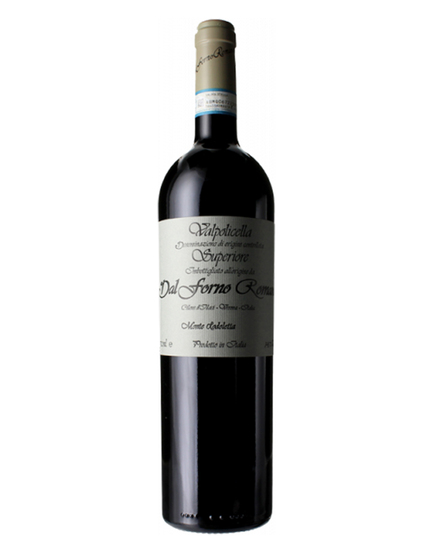
Dal Forno’s 2002 Valpolicella is a massively endowed effort revealing backward dark fruit, new leather, spices, herbs, roasted coffee beans and toasted oak on an imposing, tannic frame. Made in a super-concentrated style – even by Dal Forno’s standards – it will require several years of cellaring for the tannins to soften somewhat, although it is hard to imagine that will ever completely happen. Beginning with the 2002 vintage Dal Forno’s Valpolicella is made from 100% dried fruit, whereas in previous vintages the wine had been made only partially with dried fruit. Anticipated maturity: 2010-2017.
Romano Dal Forno is a humble, down to earth and extremely passionate person. Just a few minutes with Dal Forno are enough to understand his unwavering, some might say obsessive, pursuit of quality. I have never met a producer with such a maniacal approach to cleanliness in the cellar. Nothing is wasted here. As I tasted the drying grapes after the 2006 harvest one grape fell to the ground, but it was swiftly picked up by Dal Forno. The same aesthetic applies to Dal Forno’s work in the vineyards. Dal Forno’s newest plot is planted with an extremely dense 12,800 vines per hectare and can only be described as a work of surgical precision. Dal Forno uses roughly 60-70% Corvina, 10-15% Croatina, 10-15% Rondinella and a small amount of Oseleta for the Valpolicella and Amarone. The fruit from the estate’s younger vines goes into the Valpolicella, while Amarone is made from vineyards that range from 10 to 30 years of age.
|
禁 止 酒 駕 未 滿 十 八 歲 禁 止 飲 酒 |